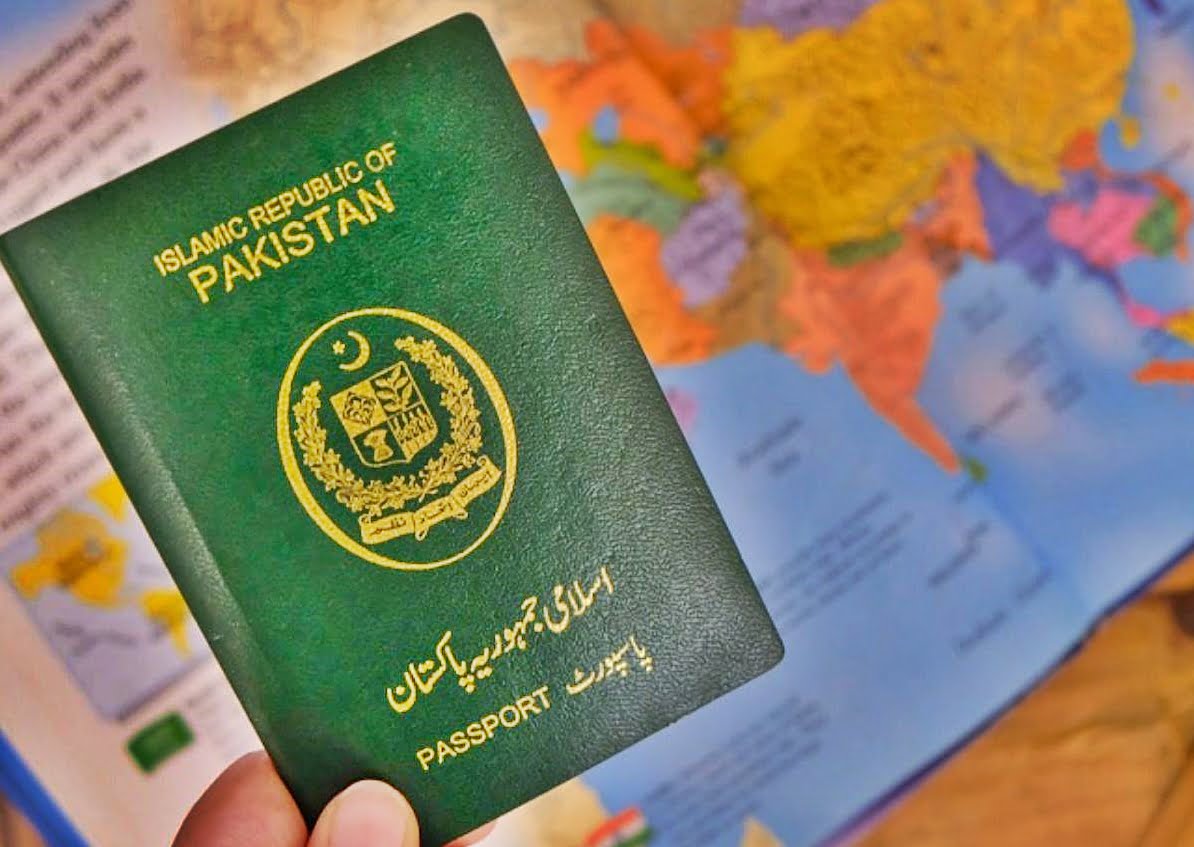
Pakistan’s passport has been ranked 102nd globally in the latest Henley Passport Index for October 2024, reflecting significant hurdles in international mobility.
Pakistani citizens can access only 40 destinations without a visa, facing restrictions influenced by various diplomatic and political challenges. This ranking positions Pakistan as the fourth-lowest in the world for travel freedom.
In stark contrast, Singapore tops the list with its passport granting visa-free or visa-on-arrival access to 195 destinations out of 227, showcasing the nation’s strong diplomatic ties. France, Germany, Italy, Japan, and Spain follow closely in second place, each granting visa-free access to 194 countries.
Malaysia also made notable progress, ranking 11th globally and second in Southeast Asia. Malaysian passport holders now enjoy access to 183 destinations, reflecting the country’s effective diplomatic strategies aimed at increasing travel freedom.
The Henley Passport Index, which bases its rankings on exclusive data from the International Air Transport Association (IATA), evaluates global passports by the number of destinations accessible without a visa. With input from 199 passports and 227 destinations, the index offers an extensive view of international mobility.
Denmark also advanced in the rankings, reaching third place after securing visa-free access to China. Denmark shares this position with several other European and Asian countries, all enjoying entry to 191 destinations without prior visa requirements.
On Saturday, London police charged Caspar San Giorgio, aged 38, with criminal damage for spray…
In Manama, Bahrain has denounced what it deems as Iranian attacks within its territory. The…
Pakistan International Airlines (PIA) announced a significant adjustment to its flight schedule following recent military…
Deputy Prime Minister Ishaq Dar expressed strong condemnation for unwarranted attacks directed at Iran in…
Lebanon's Prime Minister Nawaf Salam has underscored the country’s resolve by warning against any attempts…
In Karachi, Pakistan Peoples Party Chairman Bilawal Bhutto Zardari has issued a strong condemnation of…
This website uses cookies.